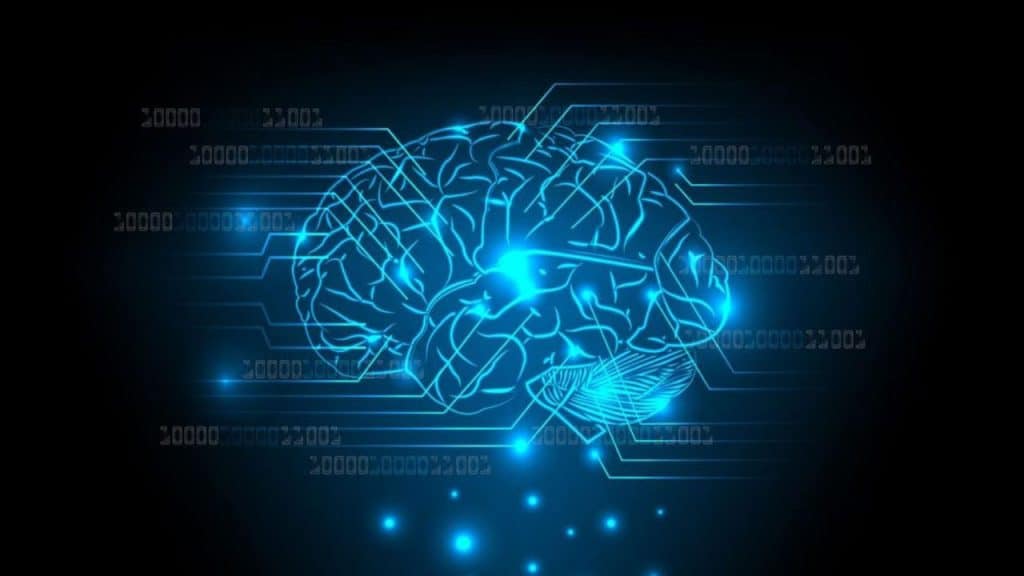A lot of the things that can go wrong with the body start in the brain, but it’s also one of the organs that’s hardest to explore and understand. Few areas of healthcare sound as sci-fi as those claiming to measure and manipulate brainwaves, reading and responding to our thoughts and feelings. Still, that doesn’t stop companies trying to dig deeper into this fascinating, complicated and potentially revolutionary area. One example is Sonera’s chip-based technology (https://longevity.technology/news/sonera-exits-stealth-with-11m-for-neural-sensing-chip-technology/).
Until recently, California-based Sonera was in stealth mode, but it has since revealed itself with a seed funding round that netted $11 million. This money will support the company’s development of chip-based sensors that can detect all kinds of information about the body. The main aim is to make brain activity measurement as simple and accessible as all the other kinds of biological data we can collect. Perhaps you have a wearable device that tracks your heart rate or stays on top of your blood sugar? This chip could join those.
The main basis for this technology is magnetism. The chip gathers information from the body’s own magnetic fields and the electrical signaling generated by the brain. There’s a lot of potential to this approach, but the very first chip that Sonera has developed is going to be specifically focused on your muscles.
Think about neuromuscular conditions like muscular dystrophy or ALS/Lou Gehrig’s disease, where trouble with the brain and nervous system cause symptoms such as muscle weakness, twitching and numbness. Better monitoring of those nerve signals and the brain activity behind them could make diagnosis easier, help monitor the disease’s progress, and could lead to more targeted and individualized therapies in the long term. That’s not all; for amputees, it could mean greater control over prosthetics.
Even better, unlike other forms of electrical sensors, this one is non-invasive. It’s very small and doesn’t even need to make direct contact with the skin. This combination of accessibility and high-quality performance sets the planned chip apart from any other technology currently available. No wonder it’s doing so well at raising funding.
Nishita Deka, who, along with fellow Berkeley graduate and CEO Dominic Labanowski, founded Sonera back in 2018, says his hope for the neuro sensing chip is that it can “achieve universal access to neural data and generate insights that will impact both consumer and clinical applications.”




